Former Gabonese President Ali Bongo and Family Released After Two-Year Detention, Fly to Angola in Dramatic Turn of Events
- by Amina, Gabon, RNG247
- about 7 months ago
- 240 views
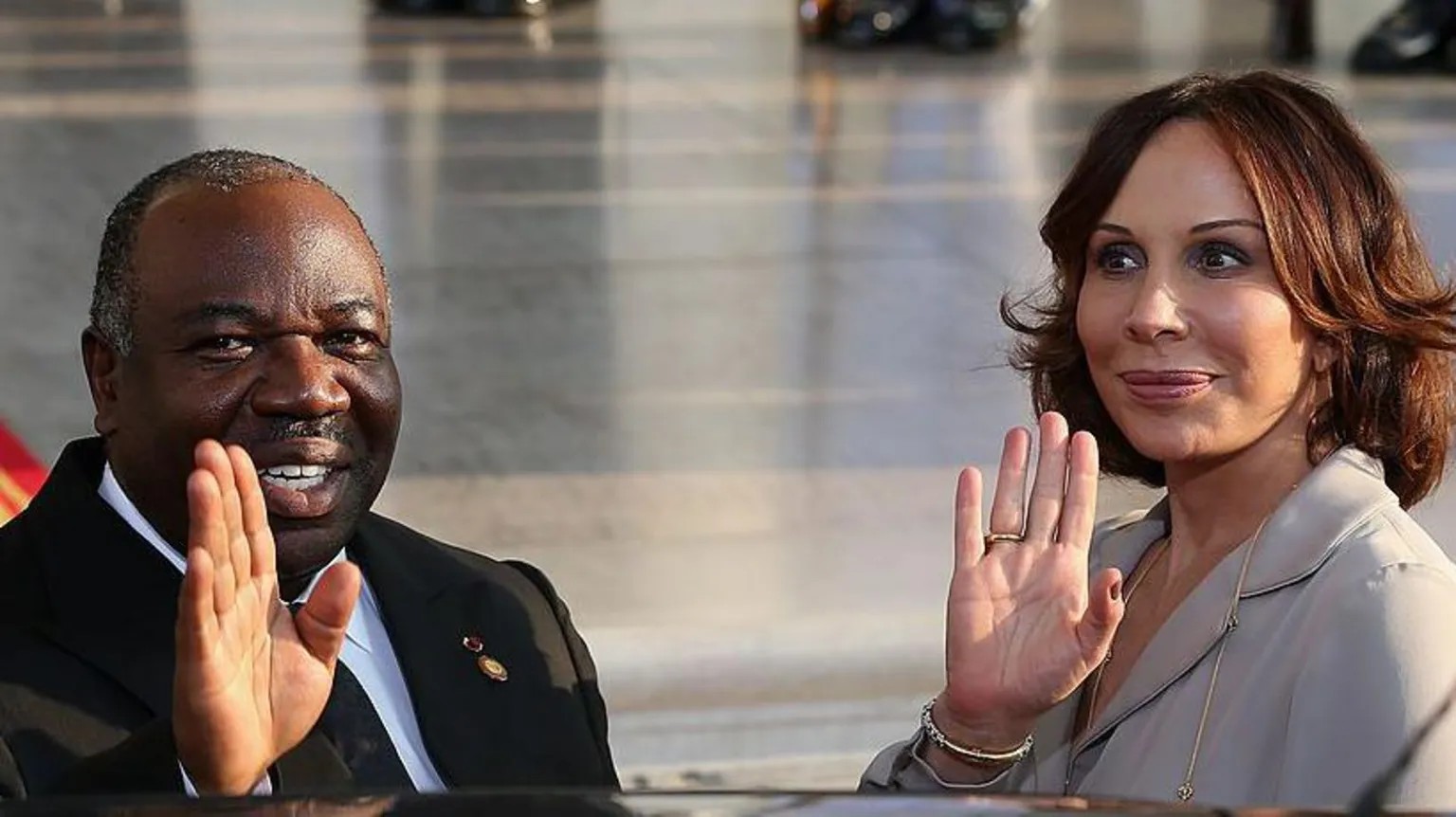
In a stunning development, Gabon’s ousted former President Ali Bongo and his family have been freed after two years of detention and have flown to Angola, according to an announcement by Angolan authorities. The move marks a significant shift in the ongoing political saga that has gripped Gabon since the 2023 military coup that ended Bongo’s 14-year rule.
The Angolan presidency confirmed the release in a statement posted on social media, revealing that Bongo’s wife, Sylvia, and their son, Noureddin, had been freed from detention and were now with the former president in Luanda. The family’s lawyer, François Zimeray, hailed their release as a long-overdue justice, condemning their imprisonment as “arbitrary and cruel.”
Zimeray, who has been a vocal advocate for the Bongo family, alleged that Sylvia and Noureddin were subjected to torture during their detention, which included confinement in underground cells. “Sylvia and Noureddin Bongo will now finally be able to turn the page, heal, and rebuild their lives,” Zimeray said in a statement.
The release comes amid mounting international pressure and follows a visit to Libreville by Angolan President João Lourenço, who currently chairs the African Union. Lourenço held talks with Gabon’s current leader, Brice Oligui Nguema, the former general who led the 2023 coup and later secured a landslide victory in last month’s presidential elections.
Ali Bongo, whose father Omar ruled Gabon for over four decades, was placed under house arrest following the coup, though Gabonese authorities maintained he was free to move about. His wife and son, however, faced more severe conditions, being held in prison on corruption charges.
Gabonese prosecutor Eddy Minang clarified that the release of Sylvia and Noureddin was provisional, citing health concerns, and emphasized that legal proceedings against them would continue. Both stand accused of embezzling public funds, with Sylvia specifically facing charges of forgery, money laundering, and falsifying documents.
The Bongo family’s legal troubles have been a focal point of Gabon’s political landscape, with critics accusing them of amassing wealth at the expense of the nation. Despite Gabon’s status as an oil-rich country, a third of its population lives below the poverty line, according to the United Nations.
The release has drawn mixed reactions within Gabon. Opposition leader Alain Claude Bilie-by-Nze suggested that President Oligui Nguema had succumbed to international pressure, describing the family’s detention as an “abuse of power.”
In a broader context, the African Union’s recent decision to readmit Gabon to its bloc signals a thaw in relations between the country and its continental counterparts. The AU had suspended Gabon’s membership following the coup, but its reinstatement last month was seen as a step toward normalization.
AU Chairman Mahmoud Ali Youssouf expressed hope that Gabon’s path would inspire “similar pathways toward constitutional restoration across the continent.” This sentiment comes as military leaders in West African nations Mali, Niger, and Burkina Faso continue to resist calls to return power to civilian governments.
As Ali Bongo and his family begin their new chapter in Angola, the story of their rise, fall, and eventual release underscores the complex interplay of politics, justice, and international diplomacy in Africa’s evolving governance landscape. The world will be watching to see how this dramatic turn of events shapes Gabon’s future and its relations with the global community.



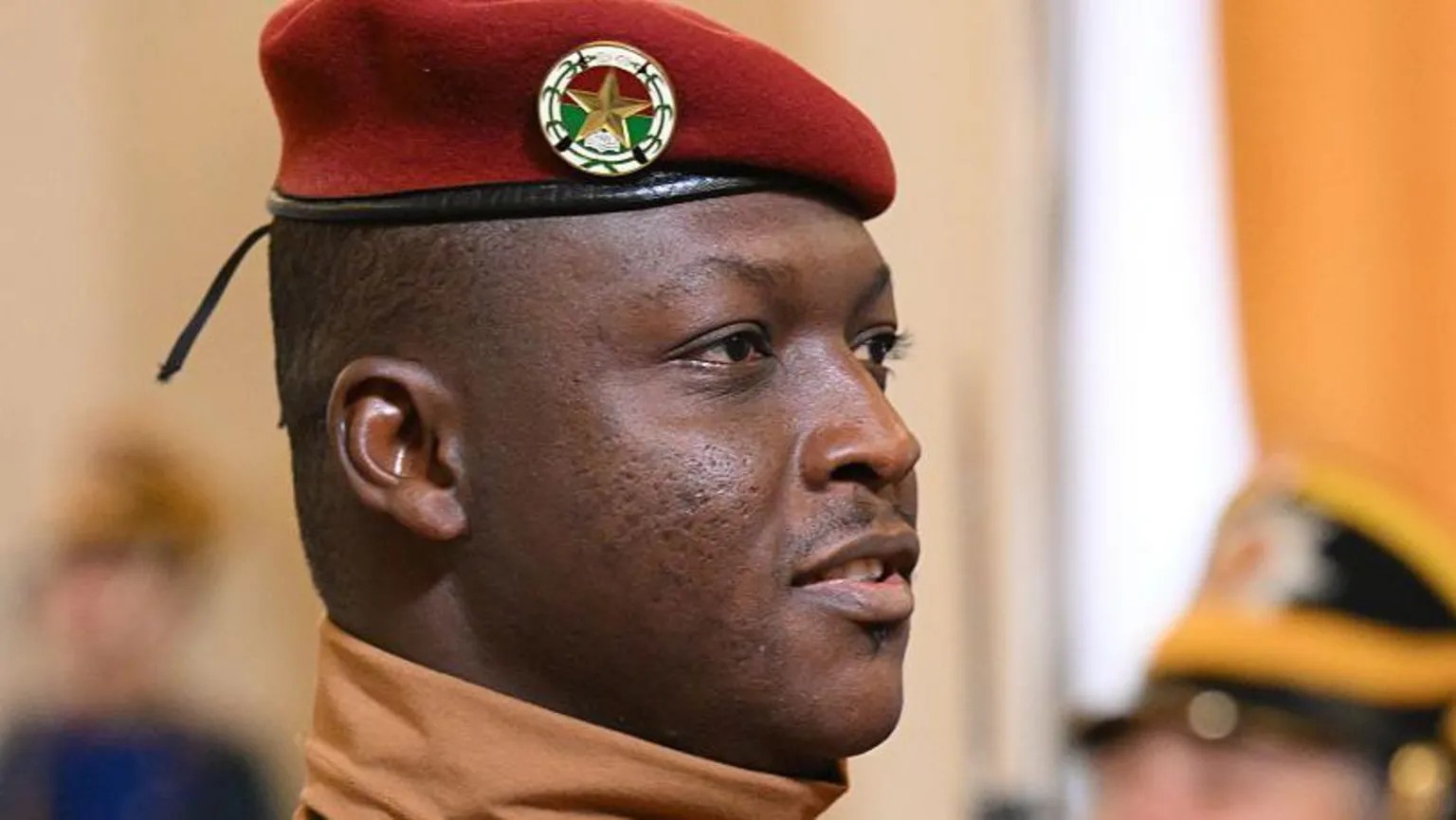
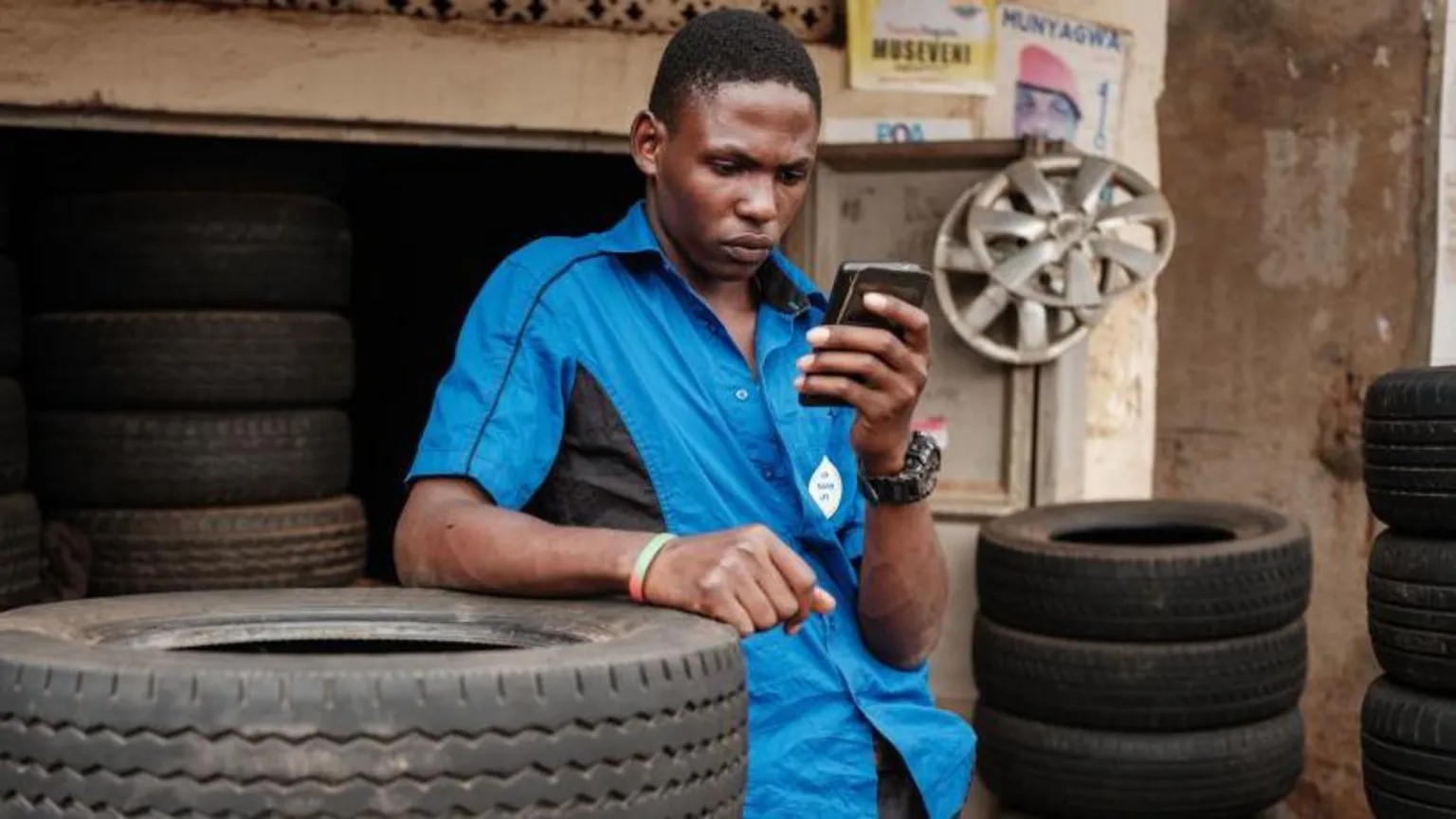
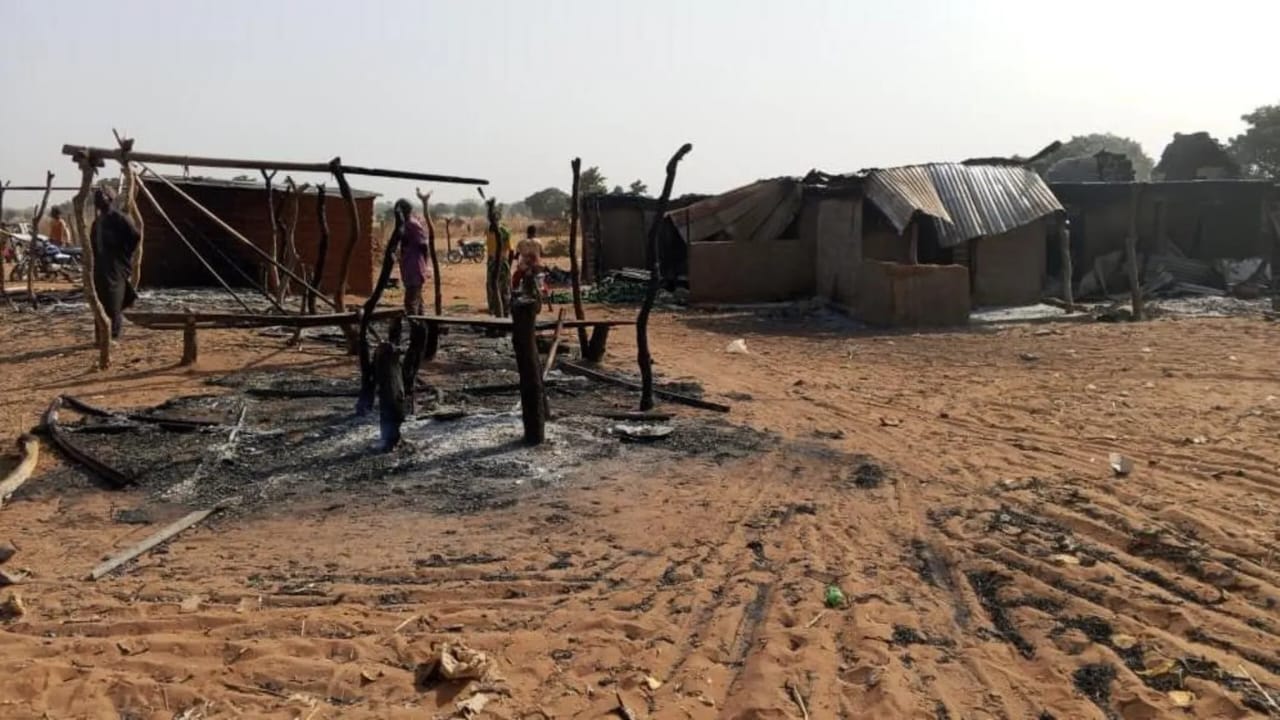
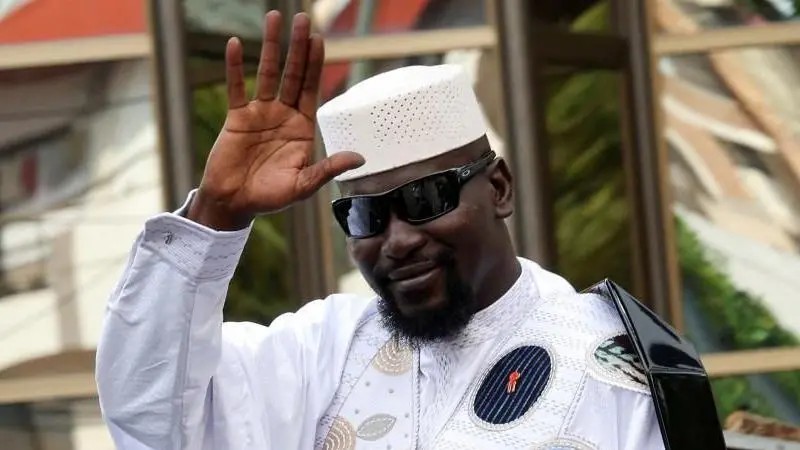
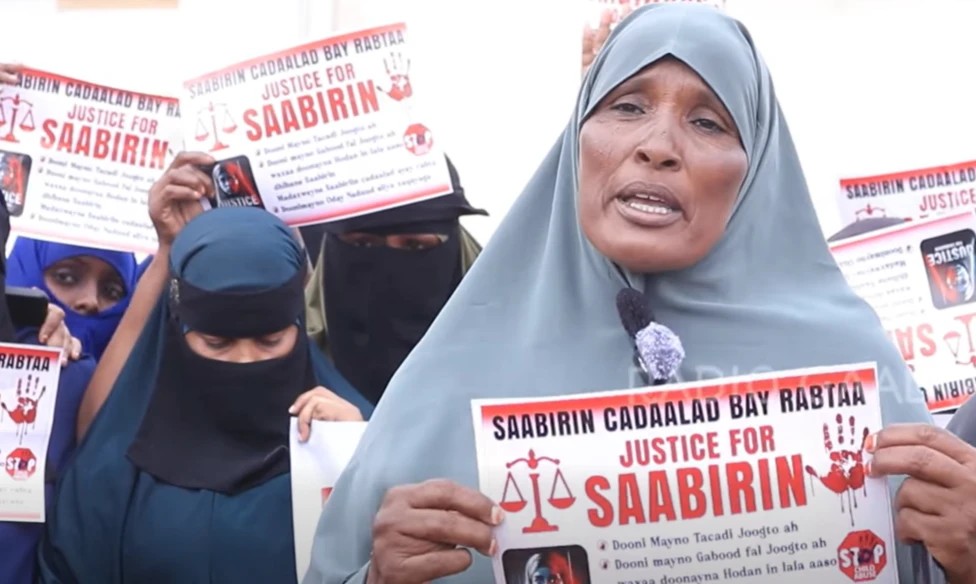

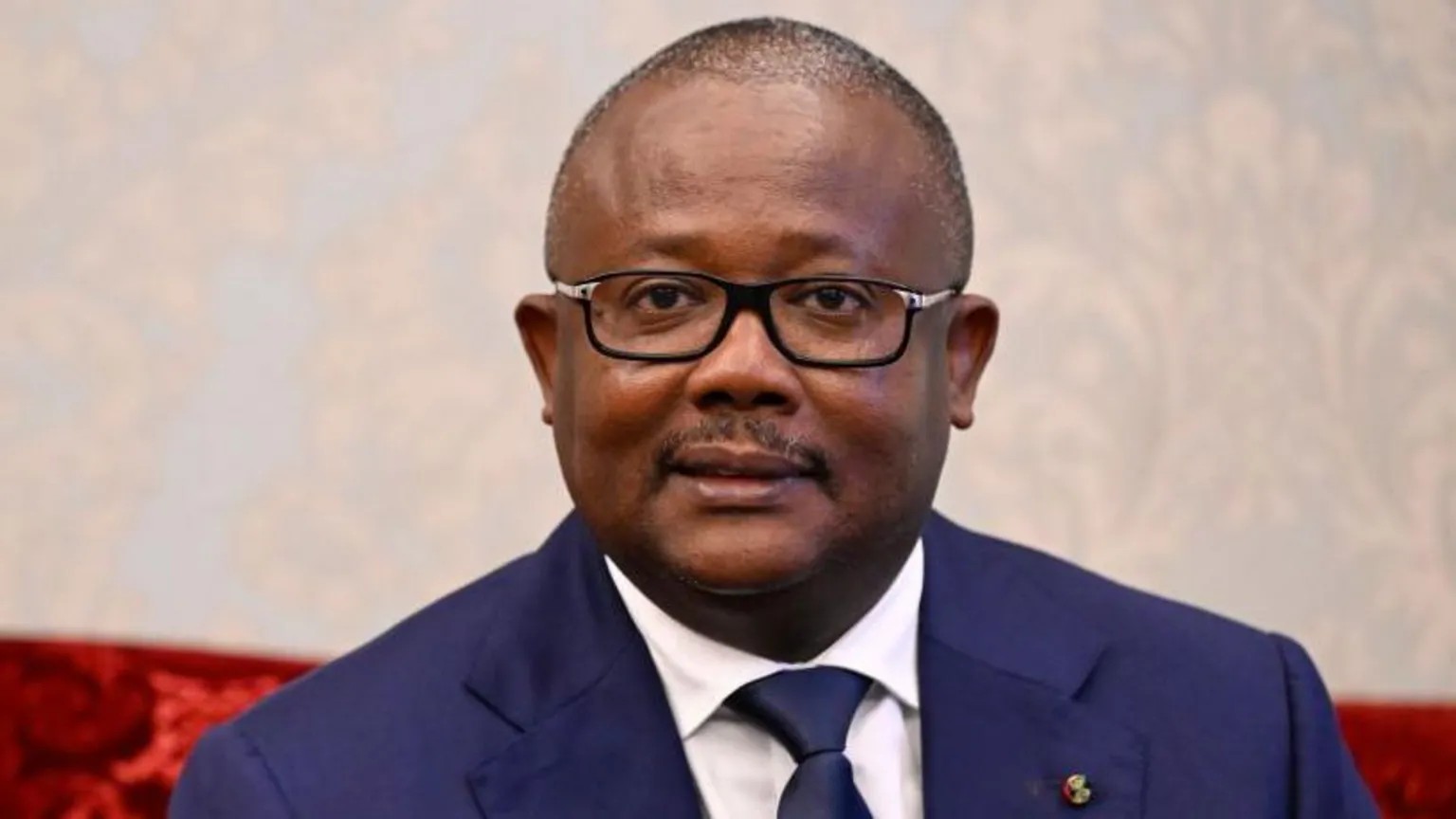
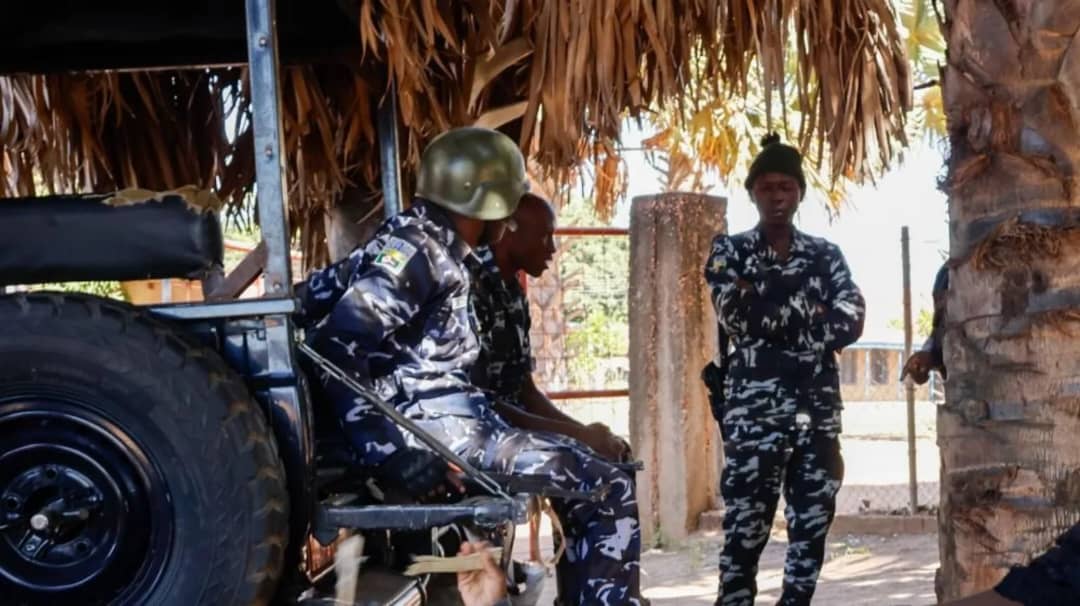
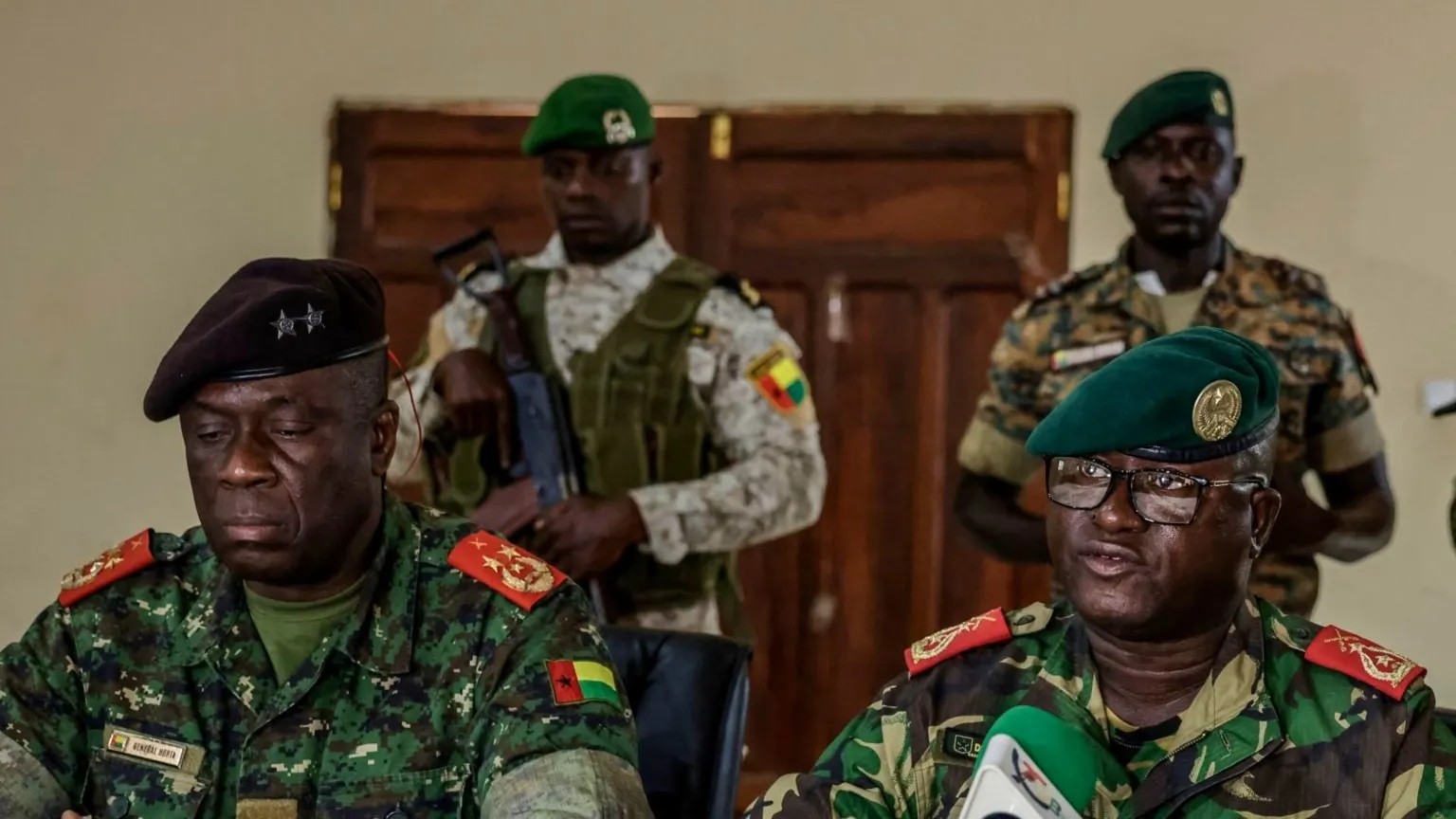
.jpg)
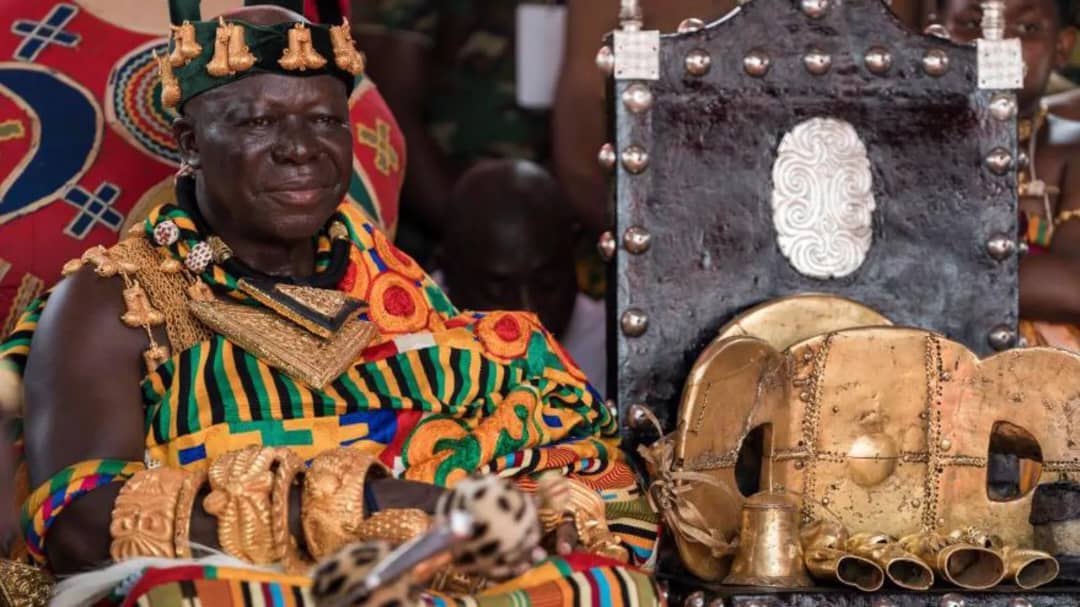


0 Comment(s)